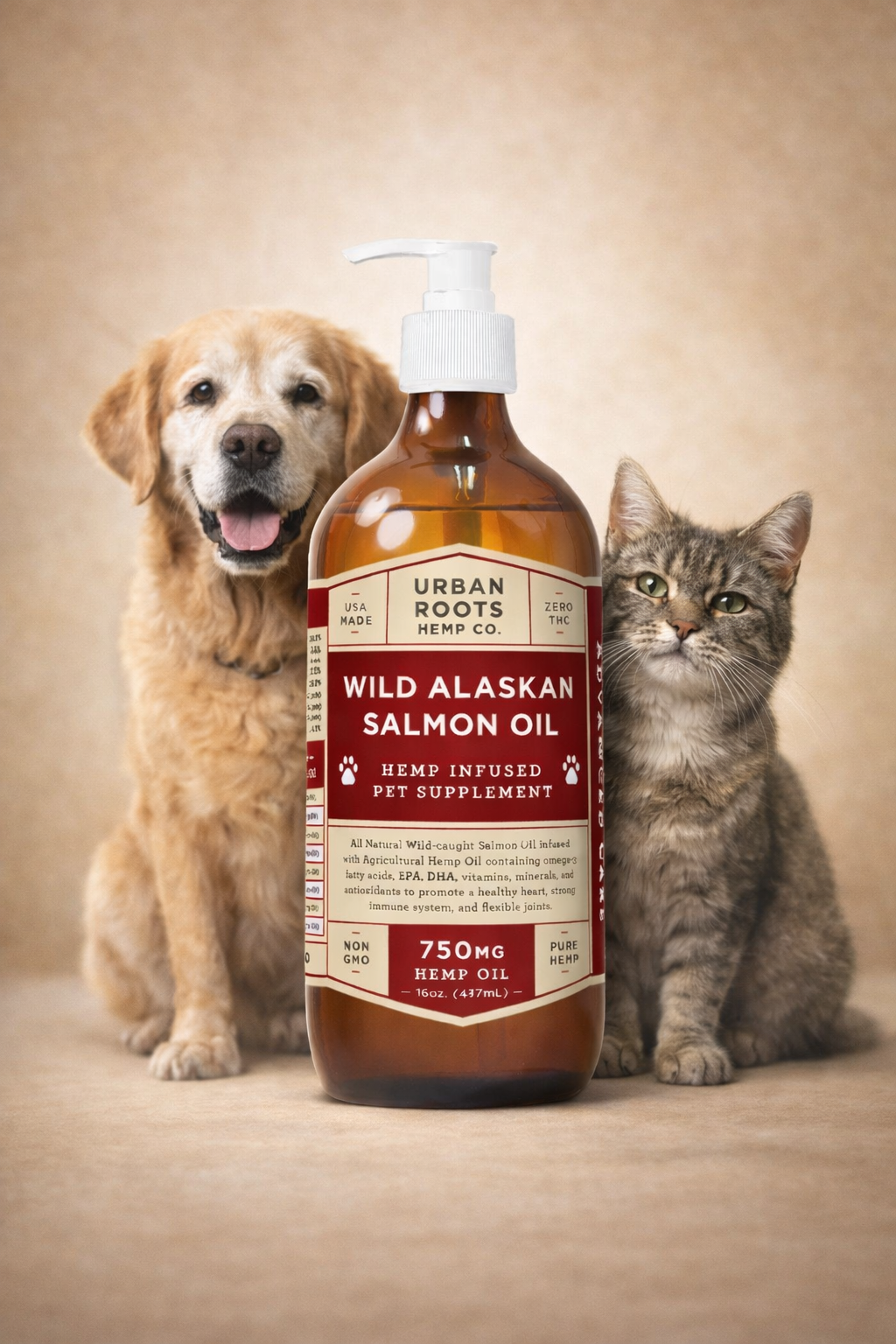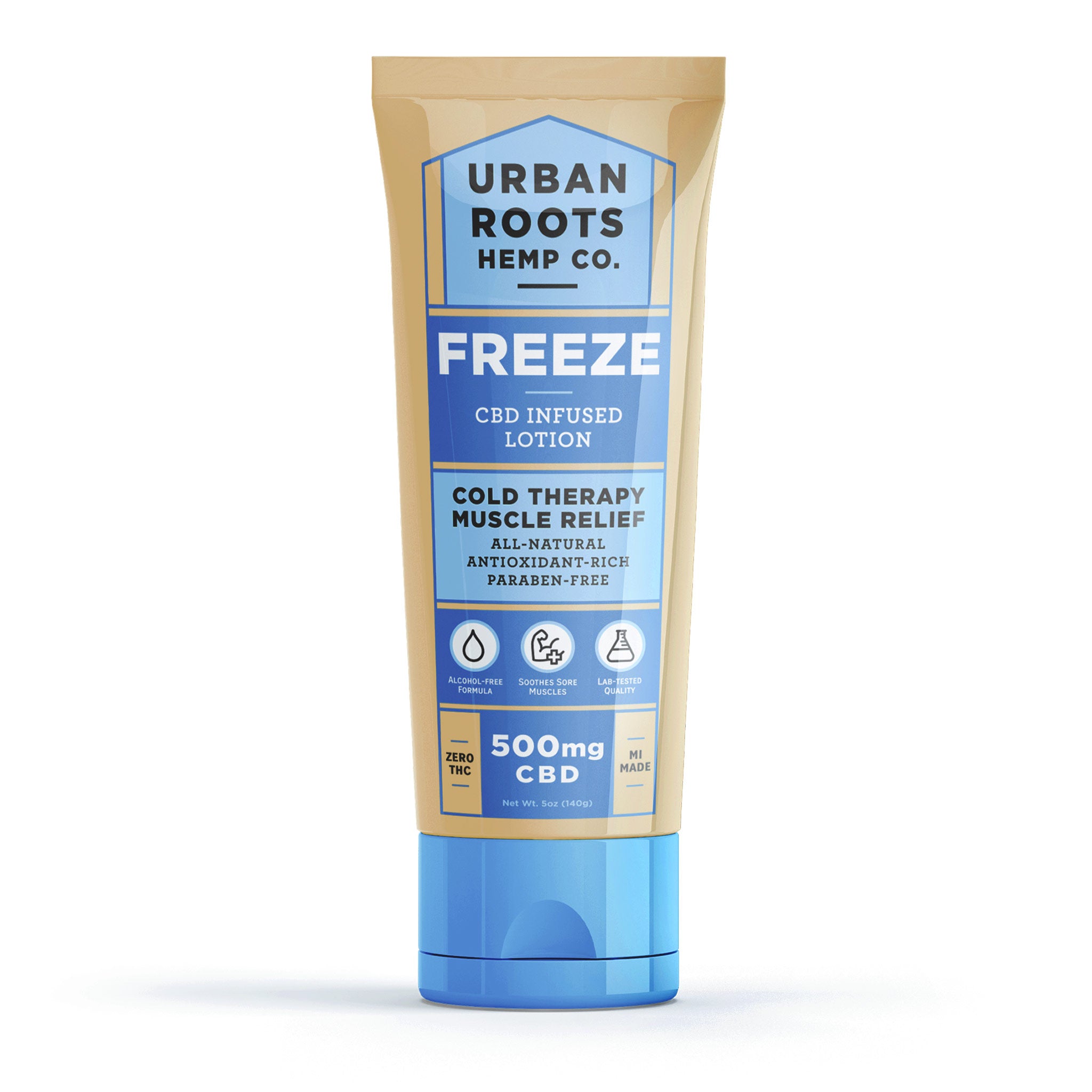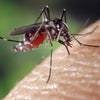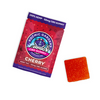10 Important Things to Know about CBD Products
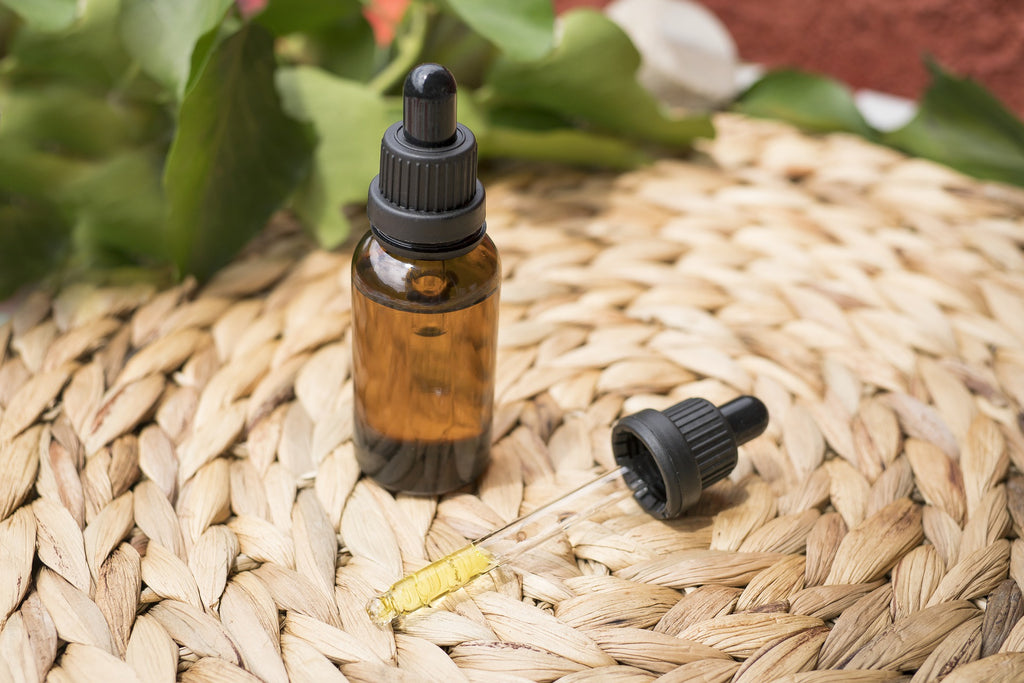

There’s a lot of noise out there about CBD products. About what they can do, what they can’t do, whether CBD is a miracle drug or whether it’s dangerous. With so much information and so many products, it can be difficult to wade through what’s true and what’s not true. To help you along on your CBD journey, we’ve put together a list of some of the most important things about CBD that everyone should know.
-
CBD Is Legal on the Federal Level if Derived from Hemp
Although derived from cannabis plants, with the passage of the 2018 Farm Bill, CBD was removed from the federal list of Schedule One controlled substances. This move effectively legalized CBD on a federal level for products that contain a THC concentration of 0.3% or less. In other words, if CBD is derived from hemp instead of marijuana, then it is legal on the federal level. However, state laws may differ, and CBD with more than 0.3% THC content is still illegal in the eyes of the federal government.
-
CBD Does Not Make You “High”
While both THC and CBD are compounds called cannabinoids, and both are found in the same plants, CBD is completely non-intoxicating in humans and does not produce any powerful psychoactive effects like its cousin, THC. In other words, CBD does not get you high. CBD is also unlikely to cause you to fail a drug test, unless is has a THC content over 0.3%. However, if you are worried about potentially failing a drug test, we recommended only using CBD isolate products, which are pure CBD and contain no THC.
-
CBD Works through Receptors throughout Your Body
CBD produces its positive effects through a biochemical communication highway in our bodies called the endocannabinoid system or ECS. This system is a network of receptors, enzymes, and biochemical pathways involved in manufacturing and using the body’s own form of cannabinoids: endocannabinoids (“endo” meaning "originating within the body"). Furthermore, this system of receptors, enzymes, and biochemical pathways also respond pharmacologically to cannabinoids like CBD.
CBD interacts with both CB1 and CB2 receptors throughout our bodies.
- CB1receptors are essential for a healthy functioning brain and are one of the most common receptors in the entire nervous system. They are found especially concentrated in the central nervous system areas of the brain and spinal cord. Depending on what region of the brain they are located in, they can be moderators of your memory, mood, motor function, or your perception of pain.
- CB2 receptorsare most often found in the peripheral nervous system. Specifically, on the cells of our immune system. This allows them to help moderate and respond to inflammation and our immune response to pathogens. If you use CBD products to combat conditions of an overactive immune system (i.e. arthritis, asthma, allergies, autoimmune disorders or digestive issues like inflammatory bowel disease), those are your CB2 receptors hard at work.
-
CBD Needs to Build Up in Your System to Be Effective
The thing is, the benefits that may result from CBD’s interaction with the ECS will not all happen overnight. As CBD builds up in your body, it can stimulate an increase in cannabinoid receptors found throughout the endocannabinoid system. With more receptors, the ECS becomes more active and more sensitive to further triggering by cannabinoids (like CBD).
By consistently consuming CBD every day, you can maintain a sustained level of the cannabinoids in your body, leading to a more effective endocannabinoid system and improved homeostasis.
-
Only Choose CBD from Companies that Conduct Third Party Lab Testing
The CBD industry remains largely unregulated, and the majority of products are not FDA approved. However you value the FDA’s stamp of approval, it’s not a good idea to consume products that are completely unverified and haven’t been tested to prove their claims or ingredients whatsoever. And given that most CBD products are not undergoing any testing by the FDA or other “official” body, you need data from a different source and a different stamp of approval to make the best choice for your body.
That’s why it’s important to look for and consider third party lab testing.
-
Multiple Factors Affect CBD Dosage
- The concentration of CBD – This is the total amount of CBD in a given product. Concentration is typically measured in milligrams (mg).
- The weight of the individual - Generally speaking, heavier people need higher doses to experience the calming effects of CBD; lighter people, on the other hand, may feel the same effects with a lower dose.
- The individual’s body chemistry – Each of our bodies are different. Your particular chemical makeup means that drugs, supplements, food—anything you ingest—will affect you differently than they will someone else. This includes any tolerance that you have built up to particular substances (like CBD).
- The severity of the condition being treated – This factor is largely subjective. If you are experiencing severe pain or anxiety, then you may need a higher dosage than if you have slight pain or feel mildly anxious.
- Prescription Therapy – The amount of previous prescription therapy used to treat a condition may impact the dosage required as well. For example, if someone has taken a large amount of opioids to treat chronic pain, they may require a higher CBD dose until their body adjusts.
-
CBD’s Modern Rise in Popularity Only Began in 2011
Although it has been around and been studied for the better part of 80 years, CBD only really came out of the woodwork in 2011 with Paige Fiji and her daughter Charlotte. In short, Charlotte was suffering from Dravet Syndrome and having so many violent epileptic seizures that she had to be on life support. Eventually, Charlotte, at only five years old, was only expected to live for additional few weeks or few months.
Not able to find any successful treatment options, Paige turned to CBD for her daughter. Once she was able to buy marijuana, extract CBD, and give it to her daughter, hundreds of seizures a week dropped to less than three a month after only 18 months of treatment. It is truly an incredible story and put CBD on the mainstream map for the first time.
-
CBD Has Exploded in Popularity
CBD product sales are expected to hit $5 billion in 2019, which is a 706% increase over 2018, according to the Brightfield Group, a cannabis-focused research firm. A market research study done by BDS Analytics and Arcview Market Research projects that the collective market for CBD sales will surpass $20 billion by 2024 in the United States alone.
-
The FDA Has Approved One Drug Containing CBD
In 2018, the FDA approved a CBD based anti-seizure drug, called Epidiolex, for the treatment seizures associated with two rare and severe forms of epilepsy, Lennox-Gastaut syndrome and Dravet syndrome, in patients two years of age and older. This is the first FDA-approved drug that contains a purified drug substance derived from marijuana.
-
Consumers Think CBD Is Effective
In a study published in the U.S. National Institutes of Health's National Library of Medicine, nearly 2,500 people took a survey designed to characterize who, how, and why individuals are currently using CBD. The results showed that 62% of respondents reported using CBD to treat conditions like pain, anxiety, and depression. Additionally, nearly 36% of respondents reported that CBD treats their medical condition(s) “very well by itself,” while only 4.3% reported “not very well.”
Conclusion
CBD is everywhere these days. If you think it may be the answer for an issue you face, then it’s important to do ample research for yourself and consult your doctor before deciding which type of product or which brand is best for you.
If you have any questions about the CBD products at Urban Roots Hemp Co. and how they may benefit you, then please don’t hesitate to reach out today!


